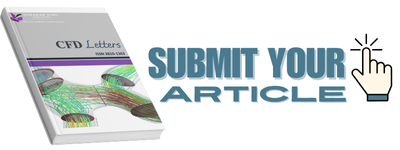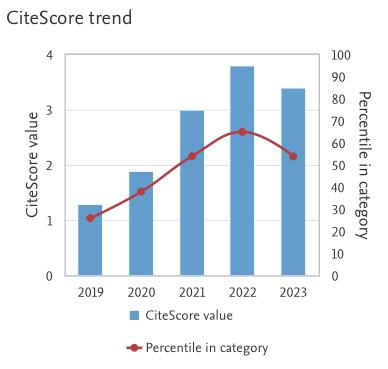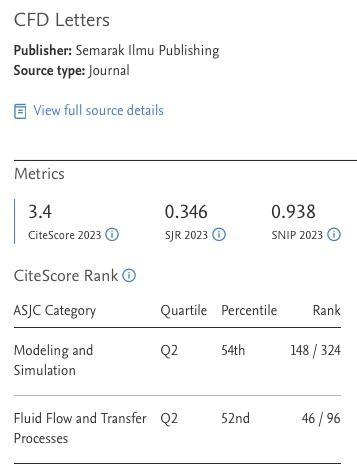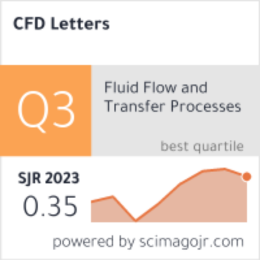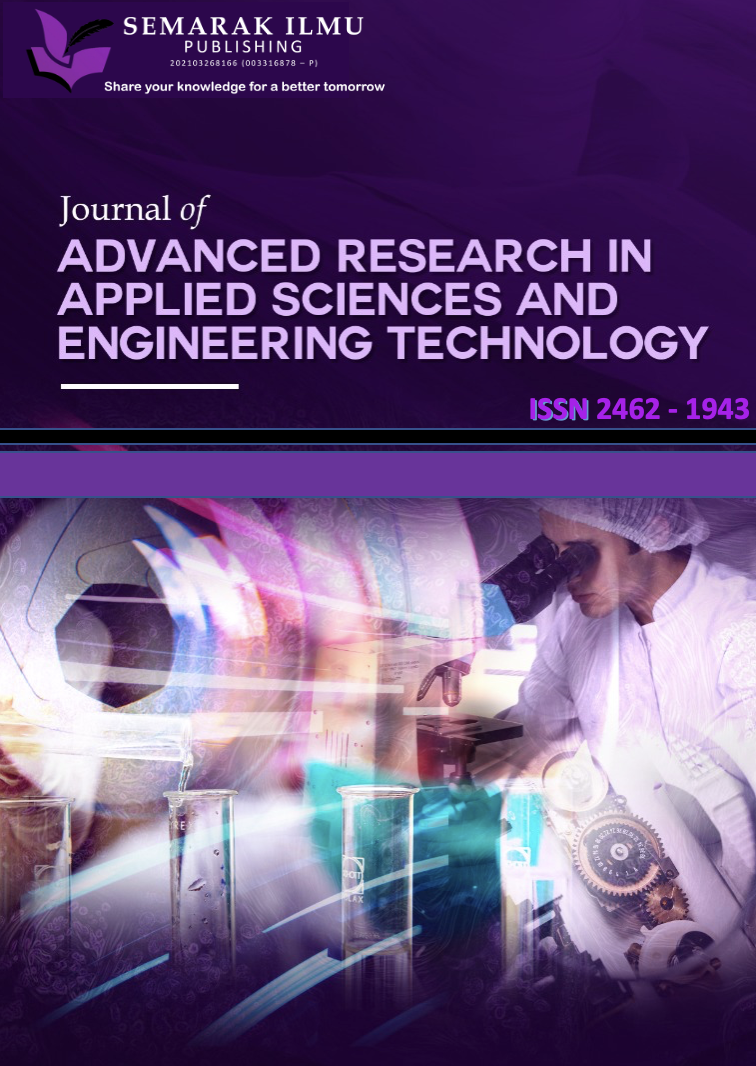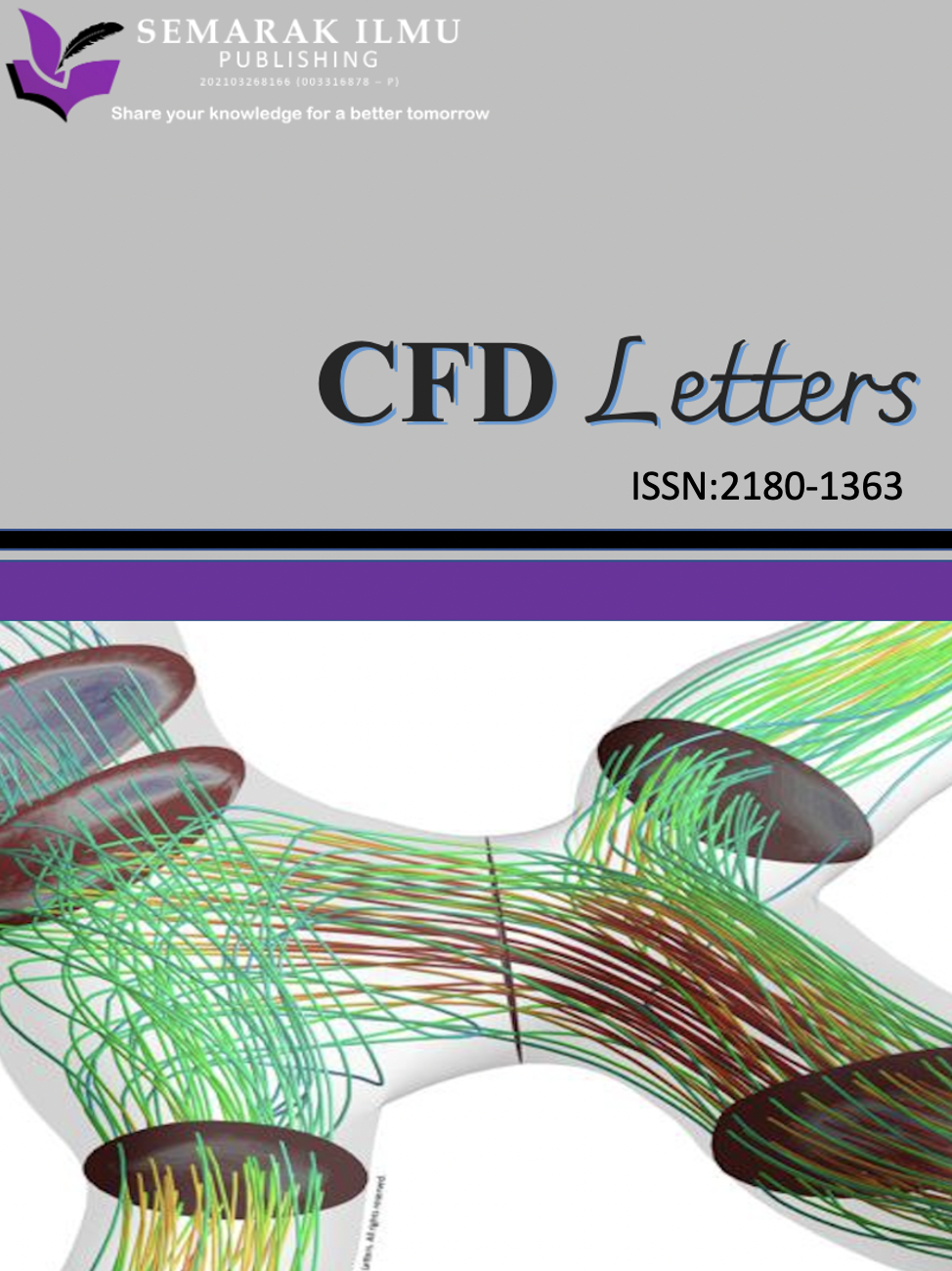
Ethics and Malpractice
PUBLICATION ETHICS AND MALPRACTICE STATEMENT
Semarak Ilmu Publishing is committed to meeting and upholding the highest standards of publication ethics whereas the publication malpractice is strictly prohibited by all possible measure. Our responsibility is to publish original work of value to the intellectual community in the best possible form and to the highest possible standards. We expect similar standards from our reviewers and authors. Honesty, originality and fair dealing on the part of authors, and fairness, objectivity and confidentiality on the part of editors and reviewers are among the critical values that enable us to achieve our goal. We endorse and behave in accordance with the codes of conduct and international standards established by the Committee on Publication Ethics (COPE). Hence, Authors, Reviewers and Editors are required to conform to standards of ethical guidelines. Below is a summary of our key expectations of editors, peer-reviewers, and authors.
Author’s Responsibilities
Reporting Standards
Authors should report their results clearly, honestly, and without fabrication, falsification or inappropriate data manipulation. Authors should provide sufficient details on the method and references to allow others to replicate the work.
Originality and Plagiarism
Authors should adhere to publication requirements that submitted work is original, is not plagiarized, and has not been published elsewhere. If the authors have used the work and/or words of others this must be appropriately cited or quoted.
Multiple, Redundant or Concurrent Publication
Authors should not in general publish manuscripts describing essentially the same research in more than one journal or primary publication. Submitting the same manuscript to more than one journal concurrently constitutes unethical publishing behaviour and is unacceptable.
Acknowledgement of Sources
All authors should disclose the sources of funding for the research reported in the manuscript.
Authorship of the Paper
Authors should ensure that authorship is limited to those who have made a significant contribution to the research works and reporting. All those who have made significant contributions should be listed as co-authors. Others who have participated in certain substantive aspects of the research project, they should be acknowledged.
Disclosure and Conflicts of Interest
All authors should disclose in their manuscript any financial or other substantive conflict of interest that might be construed to influence the results or interpretation of their manuscript. All sources of fifinancial support for the project should be disclosed.
Fundamental Errors in Published Works
When an author discovers a significant error or inaccuracy in his/her own published work, it is the author’s obligation to promptly notify the journal editor or publisher and cooperate with the editor to retract or correct the paper.
Reviewer's Responsibilities
Peer Review Policy
Each paper is first reviewed by the editor and, if it is judged suitable for this publication, it is then sent to two referees for double-blind peer review. Decisions regarding the publication of a manuscript will be based on the Board's recommendations. Manuscripts submitted by members of the journal's Editorial Board are subjected to the same review procedure.
Contribution to Editorial Decision
The reviewers of the journal assist the editors in making editorial decisions and through the editorial communications; the reviewers assist the authors in improving the manuscript.
Promptness
Any selected referee who feels inadequately qualified to review the assigned manuscript or knows that its prompt review will be impossible should notify the editor and excuse himself/herself from the review process.
Confidentiality
Reviewers must treat the received manuscript as confidential document. The manuscript must not be shown to, or discussed with others except as authorized by the editor.
Standards of Objectivity
Reviewers should express their views objectively and clearly with supporting arguments. There shall be no personal criticism of the author.
Acknowledgement of Source
Reviewers should identify relevant published work that has not been cited by the authors. Any statement that an observation, derivation, or argument had been previously reported should be accompanied by the relevant citation. Reviewers should also should notify the editor if there is any substantial similarity or overlap between the manuscript under consideration and any other published paper of which they have personal knowledge.
Editor's Responsibilities
Confidentiality
The Editors must not disclose any information about a submitted manuscript to anyone other than the corresponding author, reviewers, potential reviewers, other editorial advisers, and the publisher, as appropriate.
Fair play and editorial independence
The Editors are responsible for deciding which of the articles submitted to the journal should be published. Editors evaluate submitted manuscripts exclusively on the basis of their academic merit (importance, originality, study’s validity, clarity) and its relevance to the journal’s scope, without regard to the authors’ race, gender, sexual orientation, ethnic origin, citizenship, religious belief, political philosophy or institutional affiliation. The editors ensure that all submitted manuscripts being considered for publication undergo peer-review by at least two reviewers who are expert in the field.
Disclosure and conflicts of interest
Unpublished materials disclosed in a submitted manuscript must not be used by anyone who has a view of the manuscript in his or her own research without the express written consent of the author.
Involvement and cooperation in investigations
The Editors should guard the integrity of the published record by issuing corrections and retractions when needed and pursuing suspected or alleged research and publication misconduct.
Editorial Board Responsibilities
- The Editorial Board must keep information pertaining to submitted manuscripts confidential.
- The Editors may discuss with other editors or reviewers in making decisions
- The Editorial Board must disclose any conflicts of interest.
- The Editorial Board must evaluate manuscripts only for their intellectual content.
- The Editorial Board is responsible for making publication decisions for submitted manuscripts.
Copyright and Licensing
CFD Letters is licensed under a Creative Commons Attribution-NonCommercial 4.0 International License.
Article Processing Charges (APC) Information
All articles published in this journal are open access and freely available online, free to download, share and re-use. To cover the cost of providing open access, Semarak Ilmu charges an Article Processing Charge (APC) once an article is accepted for publication. There are no charges for rejected articles, no submission charges, and no surcharges based on the length of an article, tables, figures or supplementary data. The APC charged for accepted articles;
RM2500 (International Corresponding Author) or RM2000 (Malaysian Corresponding Author).


